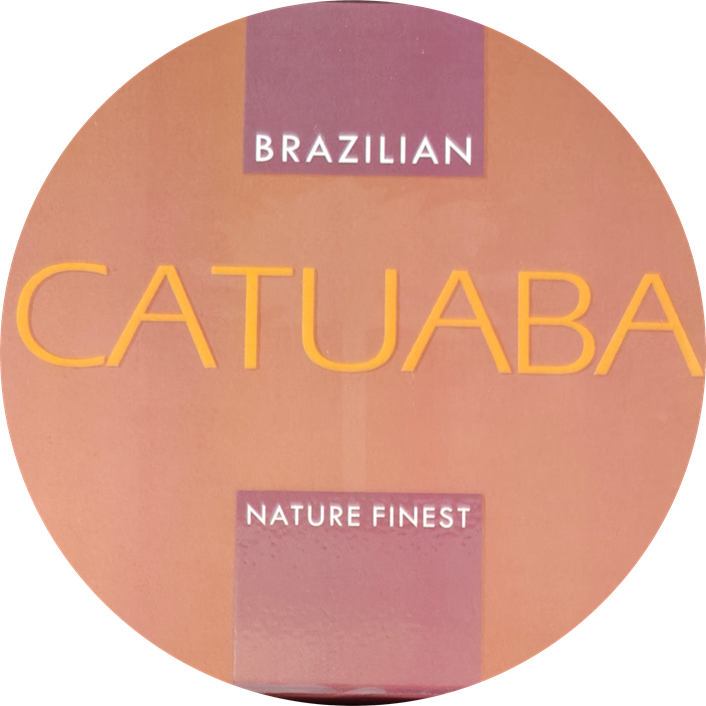Nature’s Aphrodisiac: The Science Behind Catuaba’s Effectiveness
Catuaba, derived from the bark of the Erythroxylum tree, has garnered attention for its purported aphrodisiac properties. Known for enhancing libido and sexual function, this traditional Brazilian herb is now being validated by scientific research.
Key Components and Mechanisms
Catuaba contains several bioactive compounds including alkaloids like catuabine A, B, and C, which are believed to be the primary active constituents. These compounds are thought to:
- Stimulate the Nervous System: Enhancing sexual arousal by increasing blood flow and nerve sensitivity in the genital area.
- Increase Dopamine Levels: Boosting dopamine, a neurotransmitter associated with pleasure and reward, to enhance sexual desire and pleasure (NourishDoc) (TheDietMD).
- Reduce Anxiety: Exhibiting anxiolytic properties, thus indirectly improving sexual performance by alleviating anxiety and stress (TheDietMD).
Cognitive and Health Benefits
Beyond its aphrodisiac effects, Catuaba shows promise in cognitive enhancement and general health:
- Neuroprotective Effects: Animal studies have demonstrated Catuaba’s ability to promote brain cell proliferation and protect against oxidative stress, potentially improving recovery from cognitive impairments and enhancing memory (Supplements in Review).
- Antioxidant and Anti-inflammatory Properties: These properties contribute to better cardiovascular health by improving blood flow and reducing blood pressure. They also help in fighting fatigue and depression, making Catuaba a versatile supplement (NourishDoc) (TheDietMD).
Usage and Dosage
Catuaba is commonly consumed as a tea, capsule, or tincture. The traditional preparation involves boiling the bark and drinking the decoction. It is often used in combination with other herbs like Muira Puama to enhance its effects (TheDietMD). A typical dosage might be around 465 mg of dry extract or 1 mL of liquid extract per day (Supplements in Review).
Safety and Side Effects
While generally safe, excessive use of Catuaba can lead to side effects such as headaches, dizziness, and potential interactions with certain medications. It’s crucial to consult a healthcare provider before incorporating Catuaba into your regimen, especially if you have underlying health conditions or are on other medications (TheDietMD).
Conclusion
Catuaba holds significant potential as a natural aphrodisiac and cognitive enhancer. Its bioactive compounds, ability to stimulate the nervous system, and neuroprotective effects make it a promising supplement. However, responsible use and professional guidance are essential to maximize benefits and minimize risks.
For more detailed information and research studies, visit NIH and Supplements in Review.
By focusing on key elements such as the bioactive compounds, neuroprotective effects, and safe usage, you can better understand the potential and application of Catuaba in enhancing sexual health and cognitive function.








